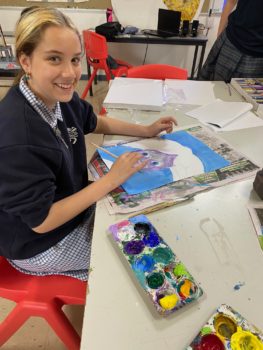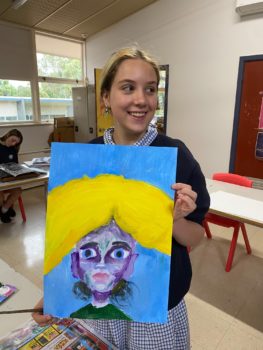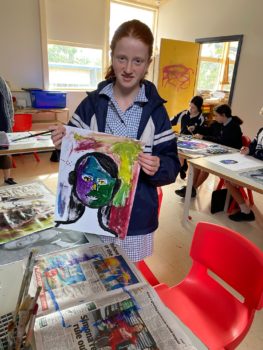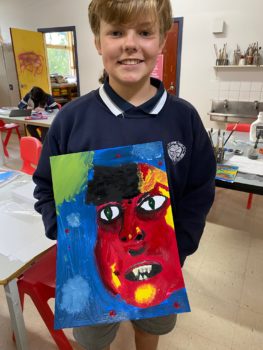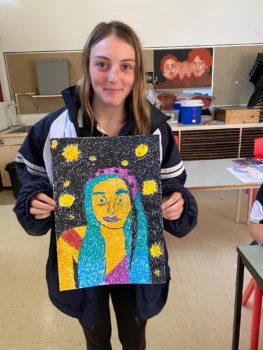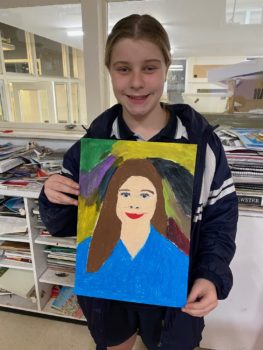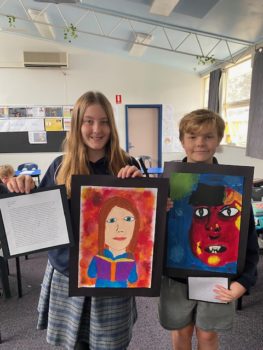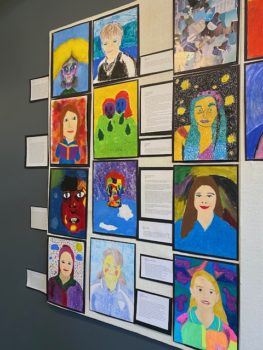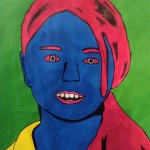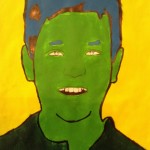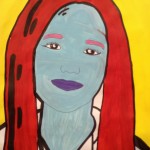Future Learners Inquiry Program
Future Learners Inquiry Program (FLIP)
We learn more by looking for the answer to a question, than we do from learning the answer itself.”
Lloyd Alexander
At Upper Yarra Secondary College, we recognise the importance of instilling in our students a life-long love for learning. After studying current research and reflecting on our own teaching, as well as student outcomes, we have developed a unique program called FLIP.
- The goal of FLIP is to engage students in a personalised, challenging curriculum, that promotes collaboration and high order thinking, and equips students with the skills necessary for a successful future.
- FLIP combines skills and content from Humanities (Geography and History), Art and English.
Skills/Content
FLIP introduces students to the skills required for inquiry based learning. Students will learn about and develop their reading comprehension, collaboration, writing, research and presentation skills. Participation in FLIP will allow students to acquire and practise skills that assist them across the curriculum and throughout their secondary schooling.
Year 7
Me As A Learner
Students learn about themselves as learners. They investigate how their brains work, how to keep their brains healthy and reflect upon their learning styles and preferences.
History
Students learn about how and why we study History, as well as the key skills needed for the subject. Students learn about different ancient civilizations, in the Mediterranean and in Asia. Students explore the daily life of different groups, as well as the development of these societies.
Geography
Students develop their geospatial skills, such as understanding scale, grid references, legend, direction and reading maps. Students then focus on weather and water, including topics such as rainfall, the hydrologic cycle; weather hazards (storms, cyclones, droughts, floods), world water usage and distribution, and water resource management.
Art
Students create a self-portrait based on the styles of four famous artists: Andy Warhol, Pablo Picasso, Frida Kahlo and Vincent Van Gogh. They explore the way their chosen artist depicts themselves in their artwork and then imitate the style to create an image of themselves. Students also draw portraits during the Ancient Civilizations unit. They will adapt their drawing to capture an image of someone who lived in the particular civilization that they are investigating.
During the “Going Public” stage of their inquiry projects, they can create drawings, painting, sculptures, dioramas, moving images/films, photographic essays and mixed media pieces to convey the knowledge they have gained.
Year 8
Me as a Learner
Students will continue to reflect upon their own learning styles and preferences. They will learn about Gardner’s Multiple Intelligences and reflect upon making the most of their strengths and developing their weaknesses. Students will learn about their brains as an incredible learning tool with an amazing capacity! They will further understand how to keep their brains healthy and the keys to being a successful life-long learner.
History
Students will explore the medieval period of history, through to the Renaissance (500-1600). Students will examine the transformation from the ancient world to the early medieval world. They will explore key societies from the Western and Islamic, as well as the Asia-Pacific world. Students investigate the daily life of different groups within these societies, as well as key developments of the society. Using an inquiry approach, students are given the opportunity to examine an aspect of medieval society in detail, developing both their literacy and research skills.
Geography
The topics covered during the Geography focus include water and landforms. Students will learn to recognize and analyse how different environments have been impacted significantly by humans and their actions. Students will also have the opportunity to study a geography topic of their choice, using an inquiry approach.
Art
Students will build on their portrait skills and knowledge, through creating a self-portrait. They will explore what it means to be them and expand on their ability to represent this through art expression. They will study art techniques such as stenciling and collage and then utilise them in their own portraits.
Students will study artworks from particular periods of time during the History unit and be able to analyse and interpret meaning from them. As part of the ‘Going Public’ stage of the inquiry process, students can also create drawings, paintings, sculptures, dioramas, moving images/films, photographic essays and mixed media pieces that convey the learning they have been doing.
During the Geography unit, students will look at how art can be used to create a sense of place for people. Students will look at how local and national artists, including aboriginal people, have depicted a sense of their environment.
Years 7 and 8 Open Inquiry
The culmination of learning in FLIP in Year 7 and Year 8, will see students embark on their own open inquiry project. Students will focus in on their own interests, concerns, values and curiosity to create their own research questions and writing pieces, to express their learning, as well as identifying audiences with whom to share their information.
For more information please contact the College on 5967 1877.


